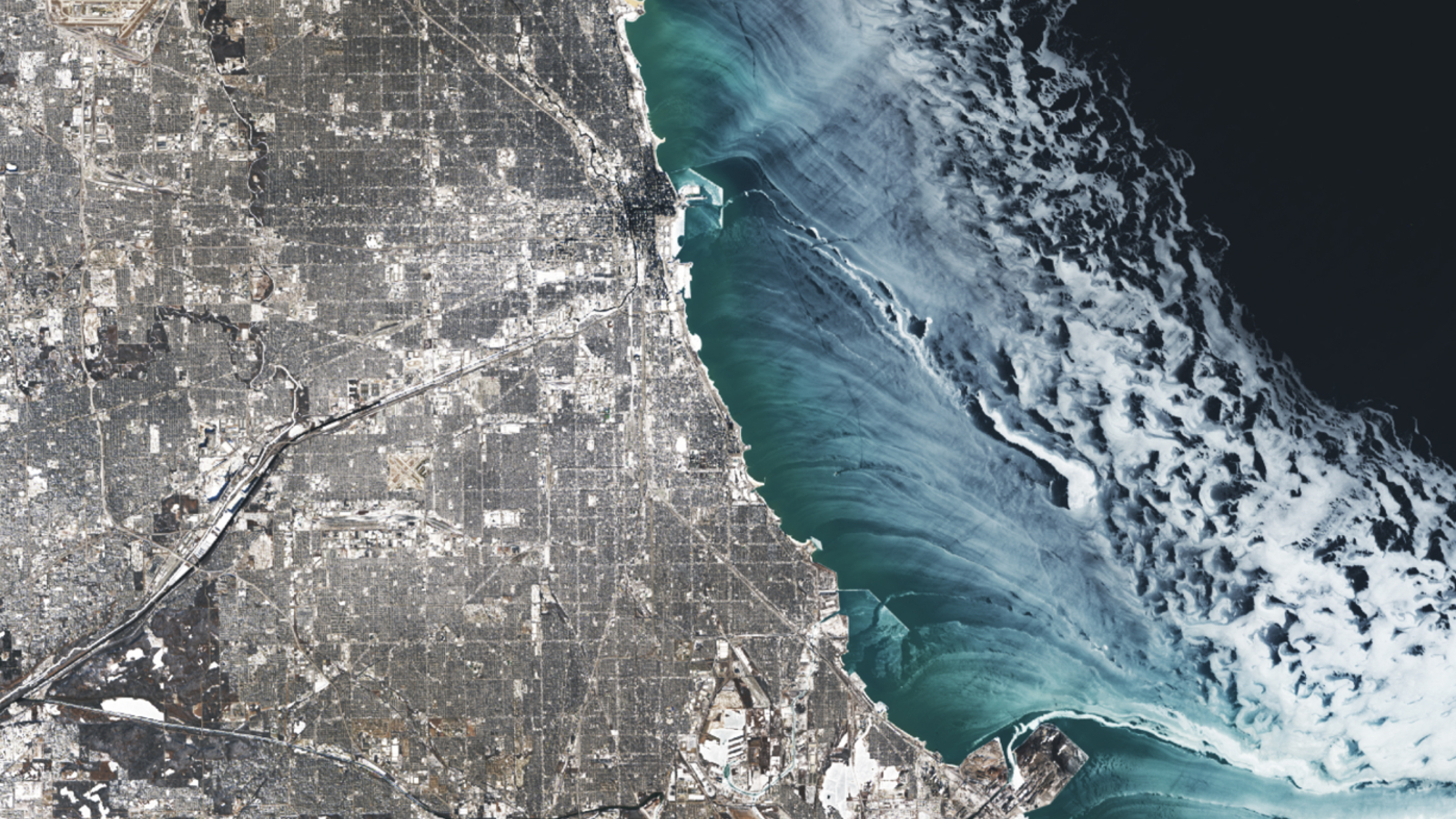Photos: Tsunami Debris & Trash on Hawaii's Beaches
Plastic trash

Plastic trash marred by bite marks from birds, turtles and sharks collected from a beach on the island of Maui in Hawaii. A joint survey by the Ocean Conservancy, the Japan Environmental Action Network (JEAN), the Oceanic Wildlife Society and the Japan Ministry of Environment in Hawaii wrapped up in January 2013 and found pieces of debris from the Japan tsunami as well as pounds and pounds of typical ocean trash such as this.
Fishing Nets
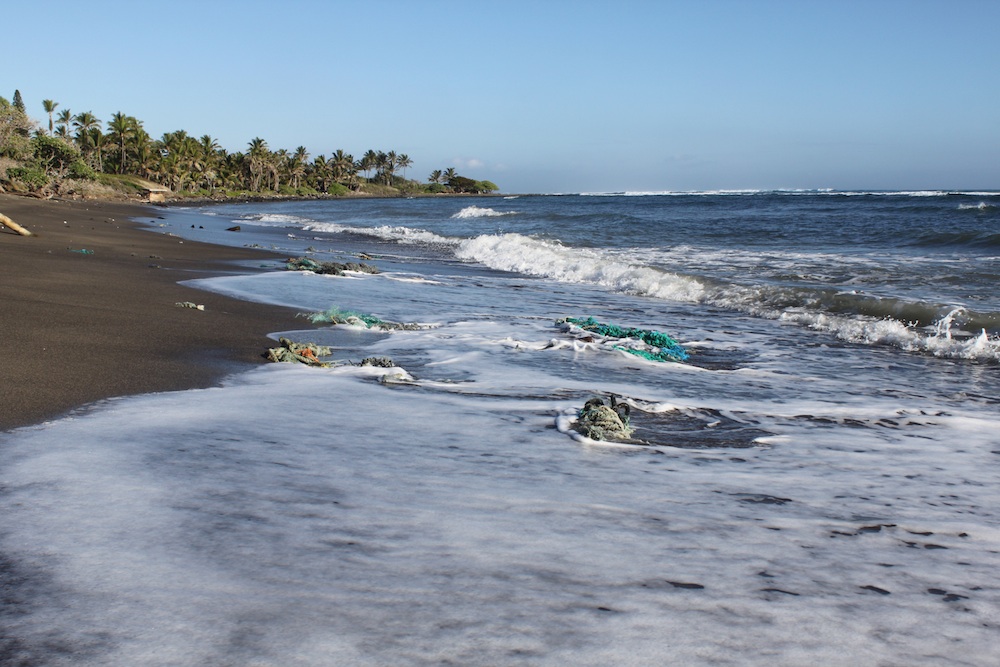
Another common source of marine debris: the fishing industry. Here, fishing nets in the surf in Maui.
Tsunami debris
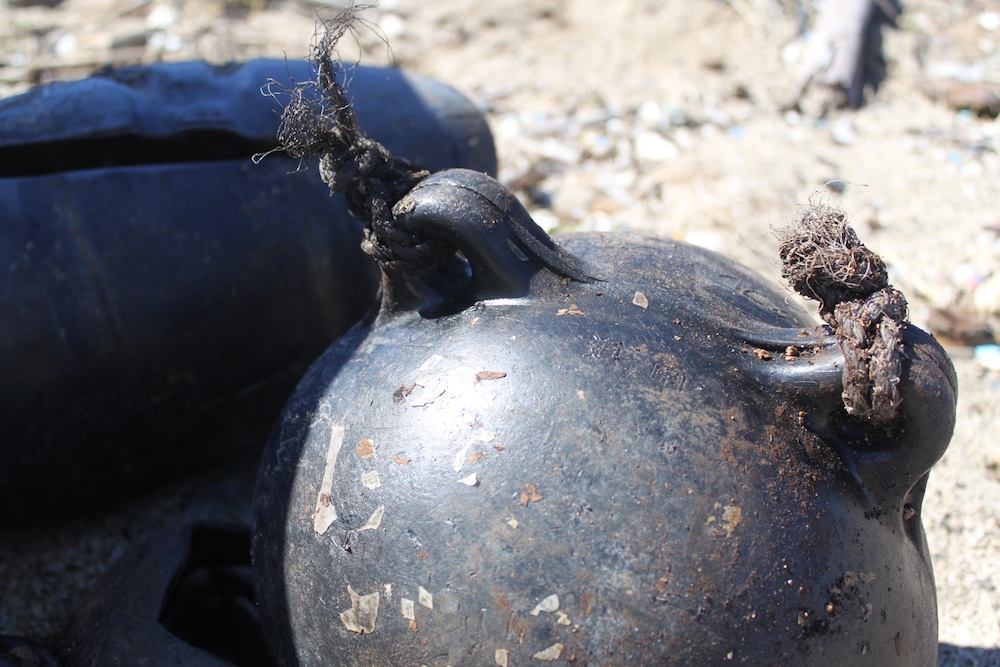
This fishing buoy was found washed up at Kamilo Point on the island of Hawaii. Scientists traced it back to Japan, where it was likely dislodged by the 2011 Tohoku earthquake and tsunami.
Buoy and Fridge
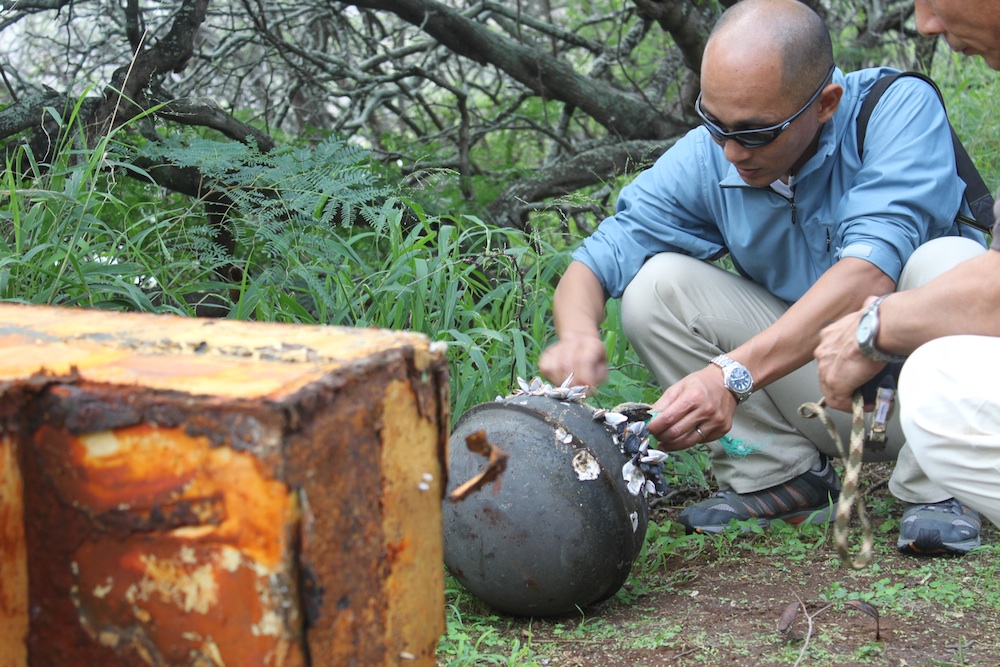
Researchers examine a buoy and refrigerator traced to the 2011 Japan tsunami. Debris like this is not normally seen in Hawaii, but the tsunami has sent a number of unusual items across the Pacific.
Tsunami Debris
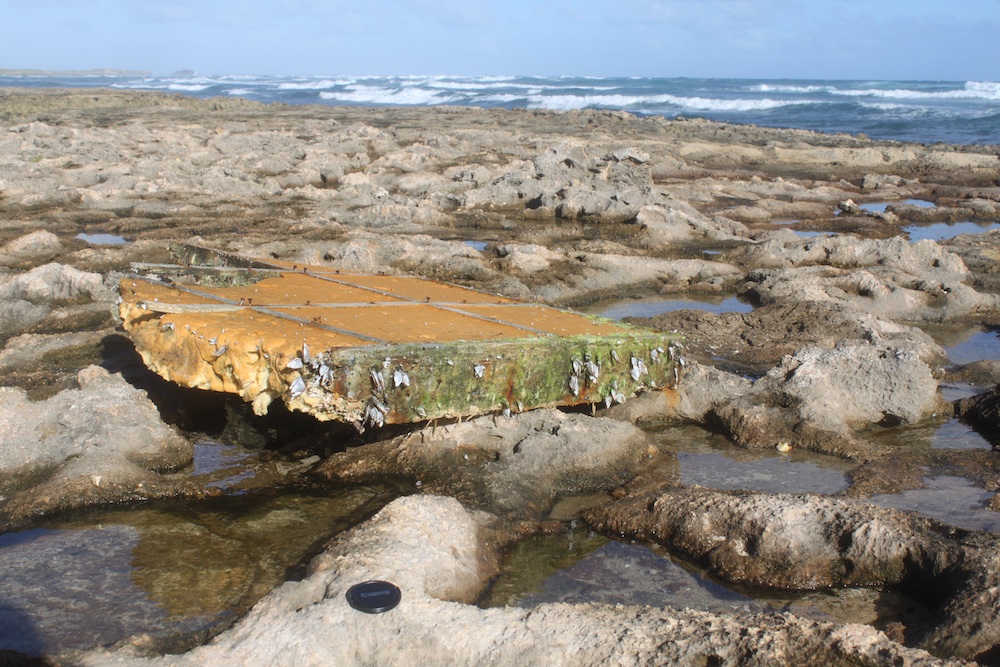
This framed insulation measures about four feet by four feet (1.2 meters). The piece washed ashore on Ki'l Dunes Beach in Oahu after being set adrift by the Japan tsunami.
Half Oyster Buoy
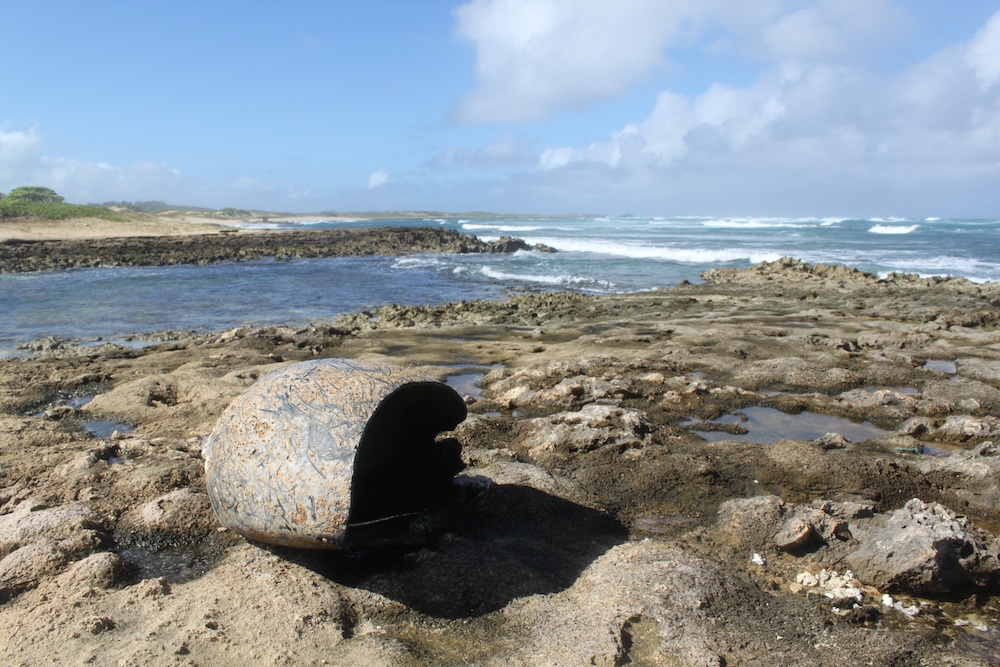
A half oyster buoy likely of tsunami origin on Oahu's north shore.
Oyster Buoy
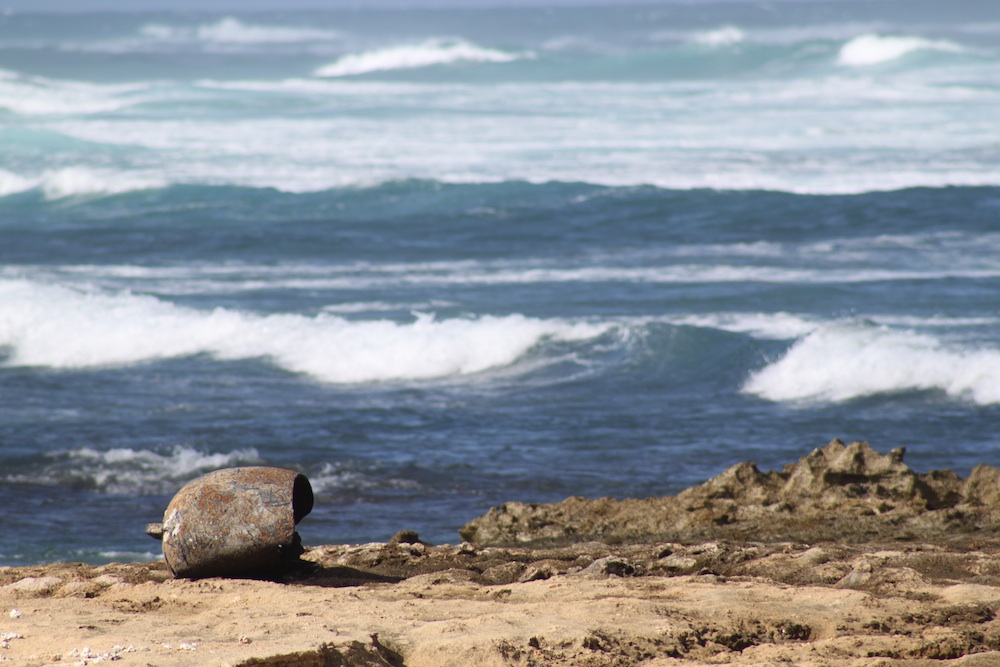
The oyster buoy will be analyzed to be sure it is of tsunami origin, as will the framed insulation. Large pieces like this are likely relatively new to the ocean, as many years afloat tends to break items down.
Get the world’s most fascinating discoveries delivered straight to your inbox.
Trash Can Trash
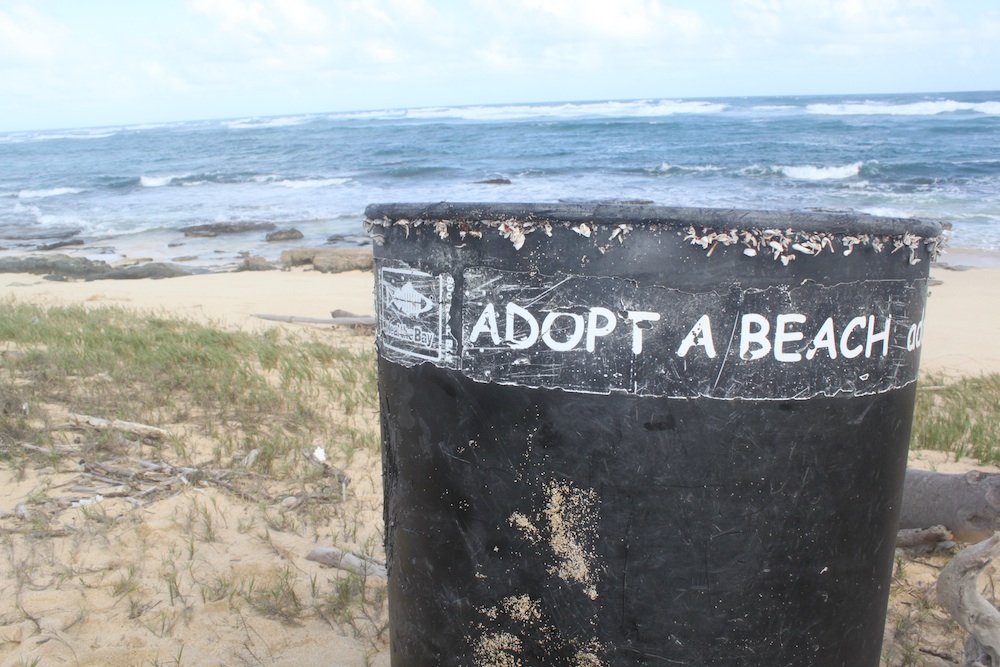
It doesn't take a tsunami to create ocean trash. In an unfortunate irony, this trash can belonging to beach clean-up group Heal the Bay in California was lost and made it all the way to Ki'l Dunes Beach in Oahu.
Beach Trash
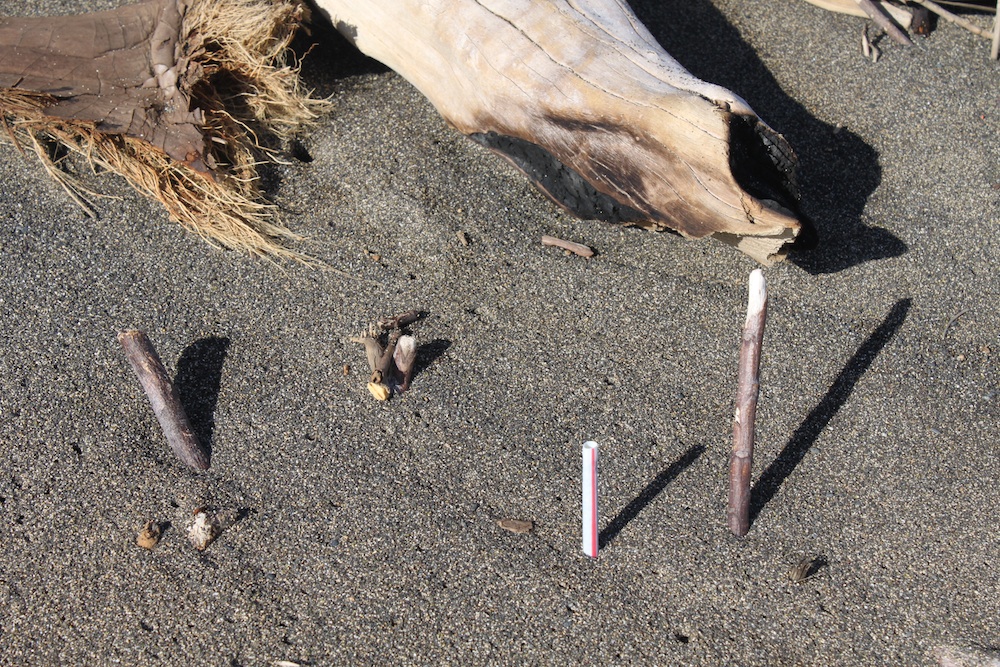
Straws are common on Hawaii's beaches. Surveyors found this one at Waiehu, Maui.
Plastic Wash, Kamilo
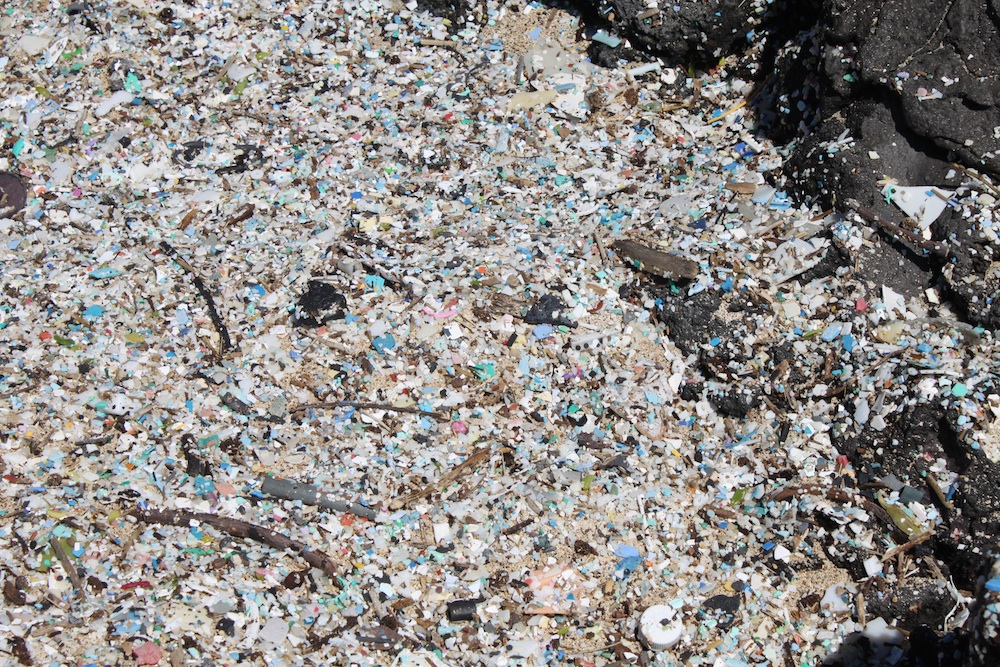
Small plastic fragments are a huge problem on Hawaii's beaches. At Kamilo Point on the Big Island of Hawaii, where this photo was taken, such fragments may penetrate three feet down in the sand.
Plastic Wash
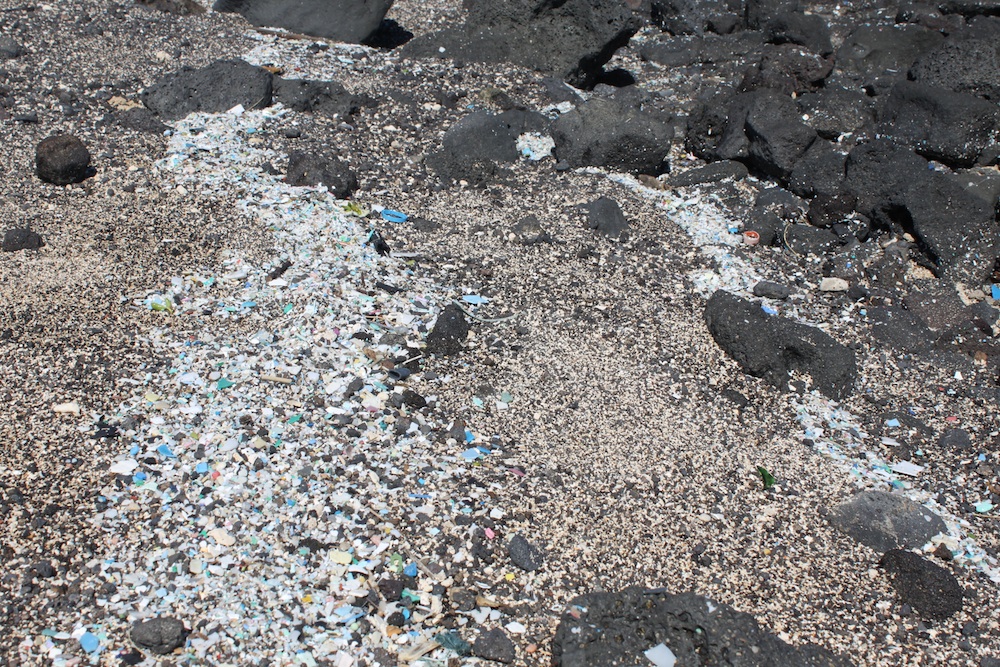
Microplastics less than 5 millimeters long are hard to distinguish from sand at Kamilo Point, Hawaii.

Stephanie Pappas is a contributing writer for Live Science, covering topics ranging from geoscience to archaeology to the human brain and behavior. She was previously a senior writer for Live Science but is now a freelancer based in Denver, Colorado, and regularly contributes to Scientific American and The Monitor, the monthly magazine of the American Psychological Association. Stephanie received a bachelor's degree in psychology from the University of South Carolina and a graduate certificate in science communication from the University of California, Santa Cruz.
 Live Science Plus
Live Science Plus





